Since stepping into office in January, Trump has made it clear that he believes he should win the coveted prize since he has, he claims, ended at least “seven wars”.
Recommended Stories
list of 3 itemsend of list
On Wednesday, he put himself in the front seat to claim credit for the possible end to an eighth war, after Israel and Hamas agreed to the first stage of a ceasefire deal that is rooted in Trump’s 20-point peace plan, which he had unveiled last week.
This year’s award announcement also comes amid Russia’s ongoing war in Ukraine and conflicts in many other countries.
There are 338 nominees for the prize, and the Nobel Committee — a group of five people selected by the Storting, the Norwegian parliament— picks the winner.
Is Trump qualified to win the prize? Here’s what we know:
Why does Trump say he deserves the Nobel Peace Prize?
Speaking at the United Nations General Assembly (UNGA) in New York in September, Trump said, “Everyone says I should get the Nobel Peace Prize.”
“I ended seven wars. No president or prime minister has ever done anything close to that,” he added.
Trump noted that the wars he ended include Cambodia and Thailand; Kosovo and Serbia; the Democratic Republic of the Congo (DRC) and Rwanda; Pakistan and India; Israel and Iran; Egypt and Ethiopia; and Armenia and Azerbaijan.
What are Trump’s credentials?
Some of the wars Trump claims to have ended are ones he participated in himself. His role in some other ceasefires is disputed. Still, there are other conflicts where the involved parties do credit him with playing a key role as mediator.
- In September, Trump said he “deserved” to win the prize for the possibility of ending Israel’s two-year-long war on Gaza. While US weapons and the country’s ironclad diplomatic support for Israel have been critical in allowing the war to continue, Trump is also widely believed to have pressured Israeli Prime Minister Benjamin Netanyahu more than his predecessor, Joe Biden, to end the fighting. Last week, Trump unveiled his 20-point peace plan. Now, with the announcement of a ceasefire deal between Israel and Hamas, the war is the closest it has been to its conclusion.
- The war between Iran and Israel in June ended with a ceasefire brokered by Trump. But the bout of fighting, which started with Israel striking Iranian nuclear facilities, killing scientists and bombing residential neighbourhoods, also included the US as an active participant. Trump took part in it by ordering his military to strike three Iranian nuclear sites. Iran struck back by hitting the largest US military base in the Middle East, in Qatar, before the ceasefire was announced.
- In May, India and Pakistan waged an aerial war, bombing each other’s military bases. India said it also hit “terrorist” bases in Pakistan and Pakistan-administered Kashmir, while Pakistan claimed India killed dozens of civilians. Ultimately, Trump announced a ceasefire after four days of fighting. But while Pakistan credits the US president for helping halt the fighting, India insists he had no role.
- Cambodia and Thailand saw five days of hostilities in August, and a truce began after phone calls from not only Trump, but also mediation from Malaysian Prime Minister Anwar Ibrahim and a delegation of Chinese negotiators. So far, only Cambodia has thanked Trump for his role.
- Relations between Serbia and Kosovo have been tense since the early 2000s. The European Union and NATO have always been key mediators in this region. Kosovo and Serbia signed a deal in 2020 under Trump during his first term. While relations remain tense, the two have not been involved in a full-blown war since Trump’s return to power.
- Trump says he ended a war between Egypt and Ethiopia. But while the two nations have had tense relations, especially over a hydroelectric dam which opened on a tributary of the Nile River, they have not been in any war.
- Rwanda and the DRC signed a peace deal in June, brokered by Trump. The ceasefire is fragile and tensions between the two countries remain high, but the deal is holding for now.
- In August, Trump oversaw a peace agreement between Armenia and Azerbaijan at the White House, which promises to end a simmering conflict that often exploded into open war since the dissolution of the Soviet Union in 1991. But in a subsequent interview with Fox & Friends, Trump appeared confused about the countries he had mediated between. He told his hosts that he had ended a war between Azerbaijan and Albania.
“I would be surprised if President Trump will be awarded this year’s peace prize as he has not yet made a substantial enough contribution to peace to win the prize,” Nina Graeger, director of the Peace Research Institute Oslo, told Al Jazeera.
“While he deserves credit for his efforts to end the war in Gaza, it is too early to tell whether the peace proposal will be implemented and lead to lasting peace,” she said.
Why does Trump want the Nobel Prize?
Trump says he deserves it — and many of his supporters agree. But the US president has also often compared his foreign policy initiatives with the global recognition that former US President Barack Obama received during his stint in power.
Obama won the Nobel Peace Prize in 2009 “for his extraordinary efforts to strengthen international diplomacy and cooperation between peoples” — even though he had been in power for only a few months at that point. Obama’s win has long been criticised, given his role in expanding the use of drone attacks overseas, including against US citizens, and his continuation of multiple wars around the world.
“If I were named Obama, I would have had the Nobel Prize given to me in 10 seconds,” Trump said last year.
According to Norwegian newspaper Dagens Naeringsliv, in July, Trump also called Norway’s Finance Minister Jens Stoltenberg — the former NATO chief — to discuss tariffs and lobby for the Nobel Peace Prize.
But hasn’t Trump also been an aggressor?
Graeger said when it comes to selecting a winner, the Nobel Committee may want to look at the sum of a candidate’s efforts towards peace.
“Trump’s retreat from international institutions, wish to take over Greenland from the Kingdom of Denmark, a NATO ally, as well as infringements on basic democratic rights within his own country, do not align well with the will of Alfred Nobel,” she said.
Besides participating in bombing Iran together with Israel in June, Trump also ordered US forces to attack Somalia in February, claiming he was targeting senior ISIL (ISIS) leadership in that country.
In March, he launched large-scale strikes on Yemen’s Houthis over the group’s Red Sea attacks, and in September, he ordered US forces to strike boats in the Caribbean, including at least three originating from Venezuela, claiming they were ferrying drug smugglers and narcotics to the US.
The US president has also threatened to annex Greenland, Canada and the Panama Canal.
Is violence a no-no for Nobel Peace Prize winners?
The Nobel Peace Prize, established under the will of Sweden’s Alfred Nobel, is given to “the person who shall have done the most or the best work for fraternity between nations, the abolition or reduction of standing armies and for the holding and promotion of peace congresses”.
But in reality, the prize is shrouded in controversy.
In 1973, US Secretary of State Henry Kissinger was one of its winners, for negotiating a ceasefire and ending the US’s Vietnam War. But Kissinger had wrecked earlier ceasefire efforts, prolonging the war. The carpet bombing campaign he oversaw in Cambodia under President Richard Nixon killed hundreds of thousands of people. Nixon also backed Pakistan’s massacres in present-day Bangladesh as the latter’s independence movement reached its crescendo in 1971. Kissinger and Nixon also funnelled millions of dollars into enabling a military coup against the democratically elected president of Chile, Salvador Allende. And after he won the Nobel, Kissinger in 1975 also greenlit Indonesian President Soeharto’s invasion of East Timor. Soeharto was a critical Cold War ally of the US.
In 1994, then-Israeli Foreign Minister Shimon Peres won the Nobel alongside his Prime Minister Yitzhak Rabin and then-Palestinian President Yasser Arafat for the signing of the 1993 Oslo Accords. Peres had been prime minister previously, would become PM again in 1995, and was later also Israel’s president.
But four decades earlier, as deputy director general of Israel’s Defence Ministry, Peres had helped plan the Suez War. During his premiership in the 1980s, Israel also launched a long-range missile attack on the office of the Palestinian Liberation Organization (PLO) in Tunisia.
Myanmar’s pro-democracy icon Aung San Suu Kyi won the prize in 1991. But decades later, calls grew for the award to be withdrawn over her role overseeing massacres against the Rohingya, when she was the country’s de facto leader between 2016 and 2021.
And then there is Obama. “When Barack Obama received the prize in 2009, critics argued that it was premature, as he had been in office for less than a year and had not yet shown concrete results in promoting peace,” Graeger said.
“When awarding the prize to Obama, they emphasised his visions regarding the importance of multilateral diplomacy and disarmament, and one could argue that he represented a reset of international relations and cooperation,” she added.
All of these choices, Graeger said, do shed light on the boundaries the Nobel Committee is willing to push in choosing the winner of the prize.
“While the Nobel Committee does not set out to cause controversy, they do not shy away from it if they feel they have a laureate who is deserving of the Prize,” she said.
So can Trump still win — and who has endorsed him?
Nominations for the 2025 Nobel Peace Prize closed on January 31, just days after Trump returned to the White House.
In July, Netanyahu said he nominated Trump for the prize, followed by Cambodia’s Prime Minister Hun Manet in August. Armenian Prime Minister Nikol Pashinyan and Azerbaijani President Ilham Aliyev also jointly endorsed Trump for the prize in August.
Within the president’s cabinet, Steve Witkoff, his chief envoy to the Middle East, has said Trump was “the single finest candidate” for the prize. US Representative Buddy Carter, a Republican, also sent a letter to the Norwegian Nobel Committee in September. US pharmaceutical company Pfizer’s CEO, Albert Bourla, also said Trump deserves the prize.
But nominations made after July 31 will count for the 2026 Nobel Peace Prize, according to the rules of the Nobel Committee. The government of Pakistan has already nominated Trump for the prize for next year.
Al Jazeera asked the Norwegian organisers of the prize whether Trump’s candidacy was under consideration, but there has been no response as yet.
What could happen if Trump does not win?
Speaking at a US military meeting in Virginia in September, Trump said it would be “a big insult to America” if he were not given the award.
“They’ll give it to some guy that didn’t do a damn thing … they’ll give it to the guy who wrote a book about the mind of Donald Trump,” he said.
Within Norway, questions have arisen over how Trump might respond if he does not win. The US has already imposed 15 percent tariffs on the country’s exports.
The Trump administration also told CNBC last month that the US is “very troubled” after Norway — which has an approximately $2 trillion sovereign fund — announced it would divest from US company Caterpillar over its links to Israel’s war on Gaza.
But in an interview with Bloomberg on October 3, Foreign Minister Espen Barth Eid said Norway’s government is not involved in the Nobel Peace Prize decisions.
“It’s simply up to the Nobel Committee. It’s important to remember it’s an independent committee,” he said.

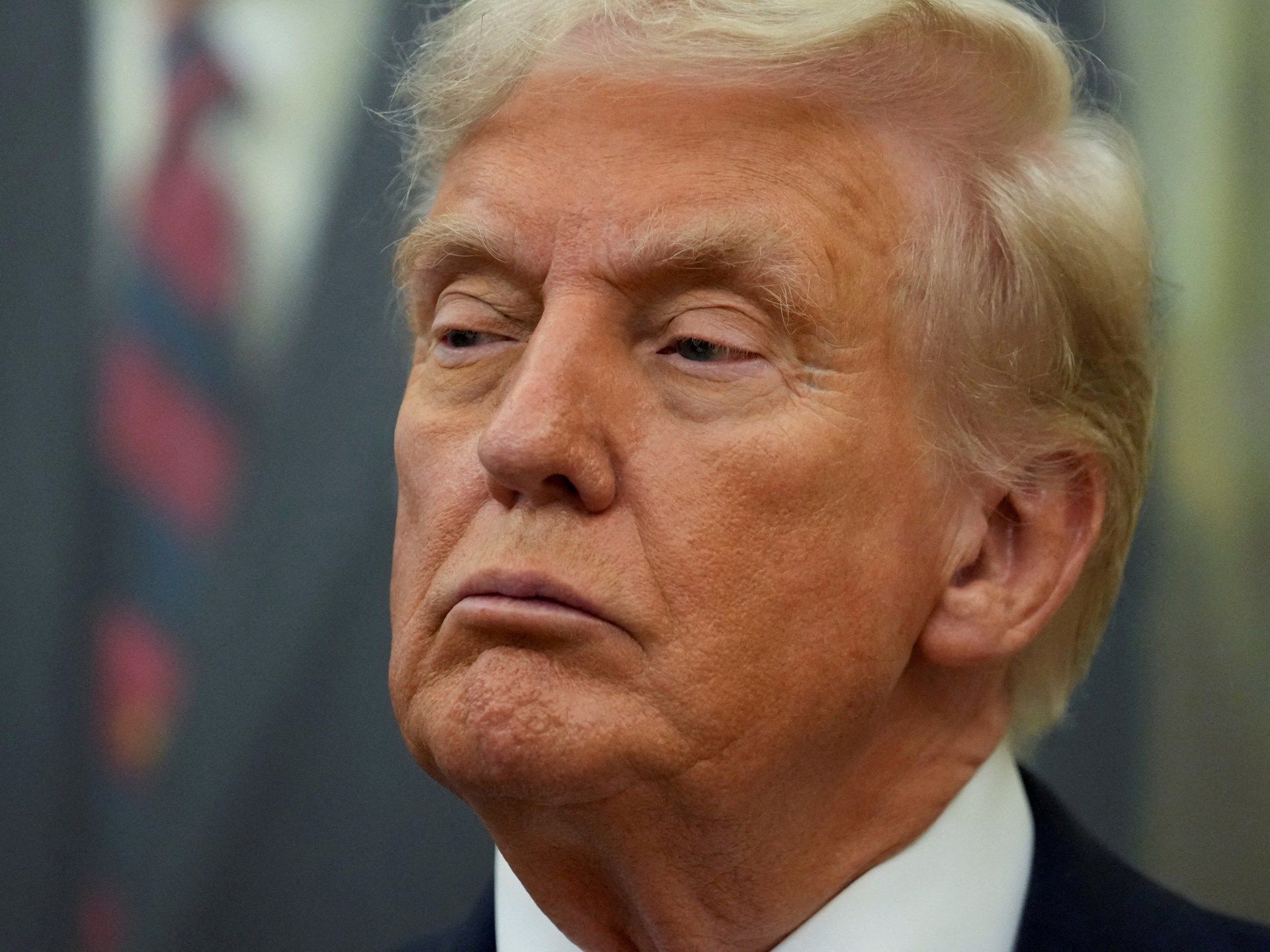
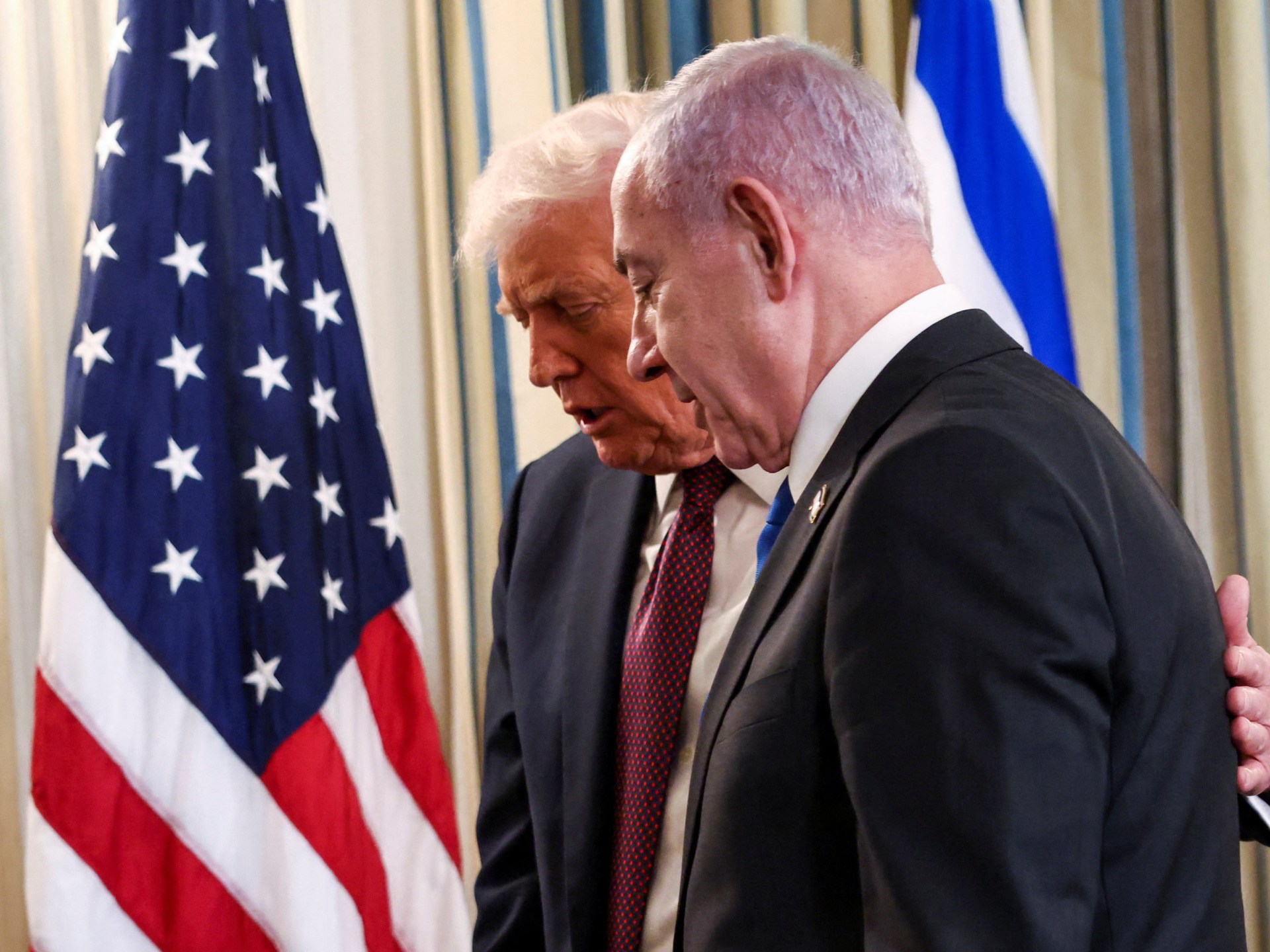
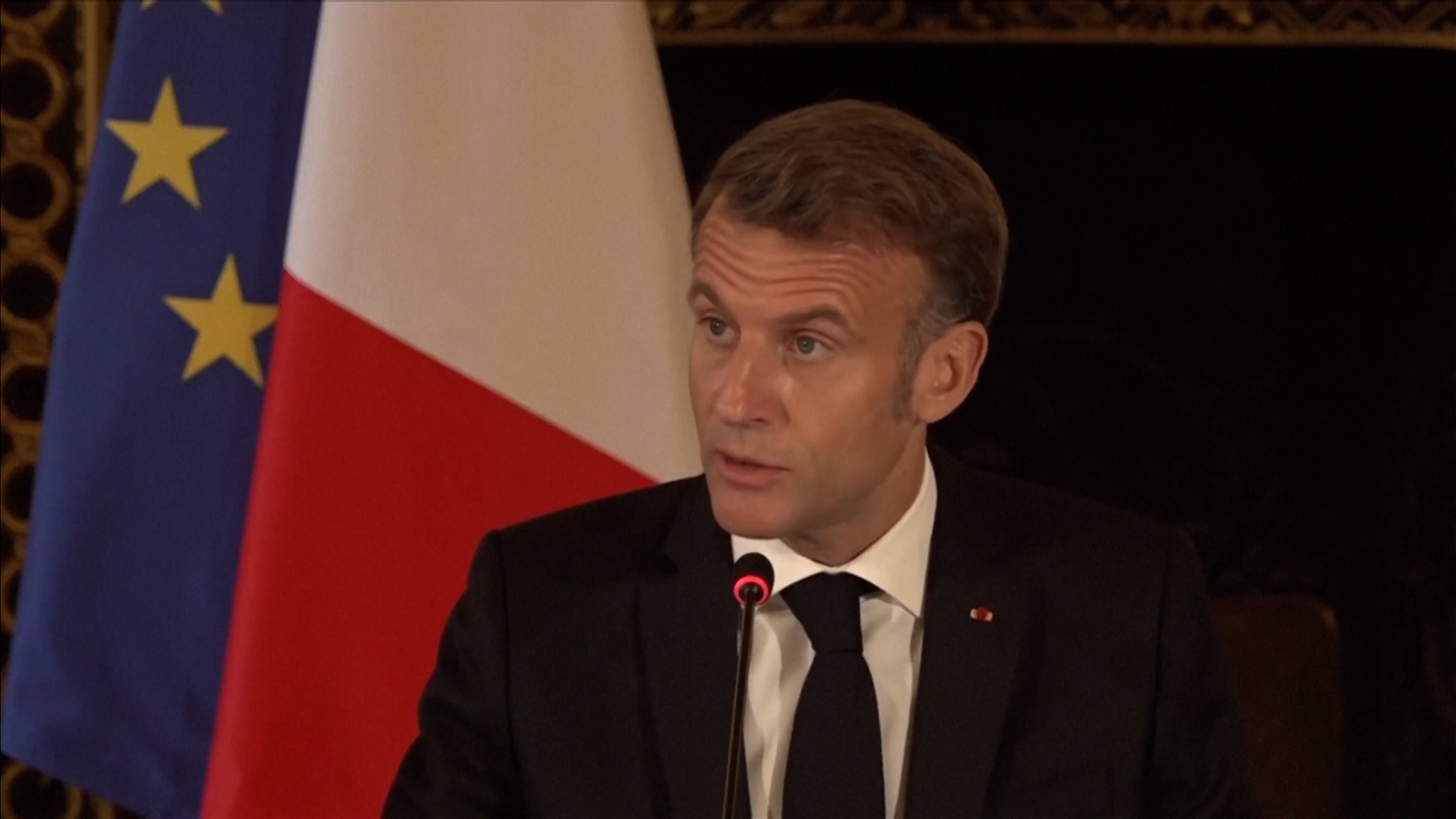
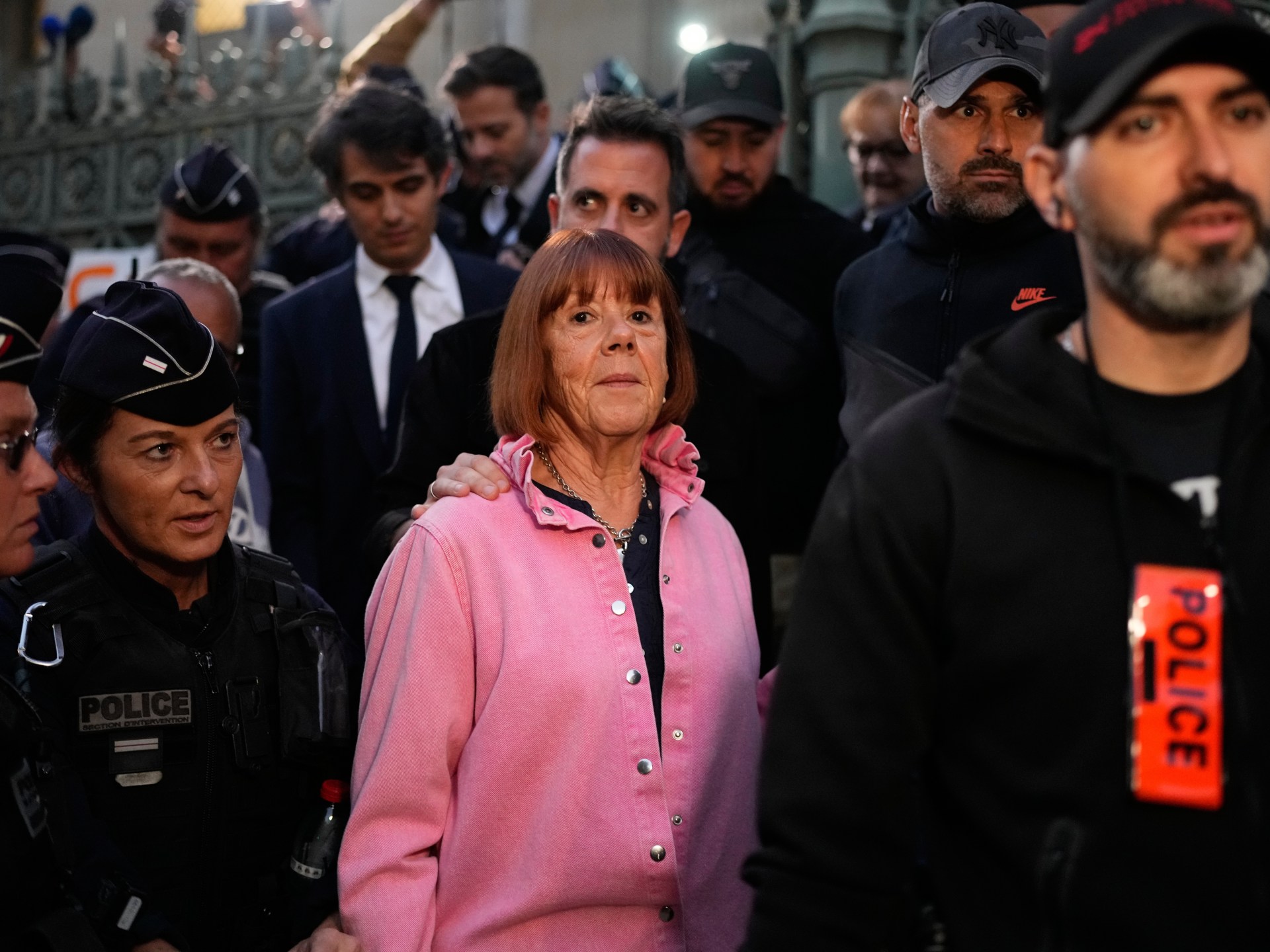
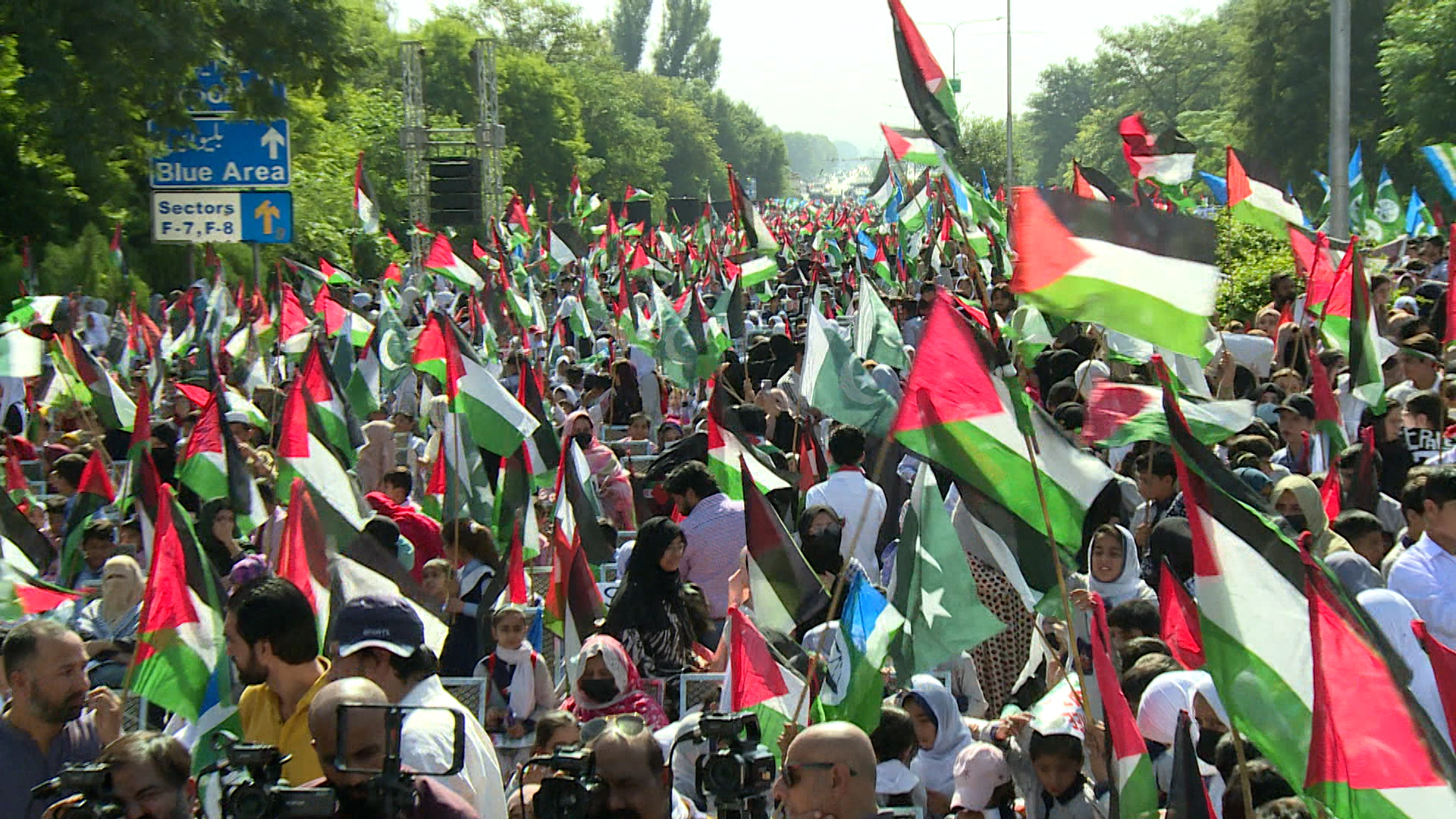
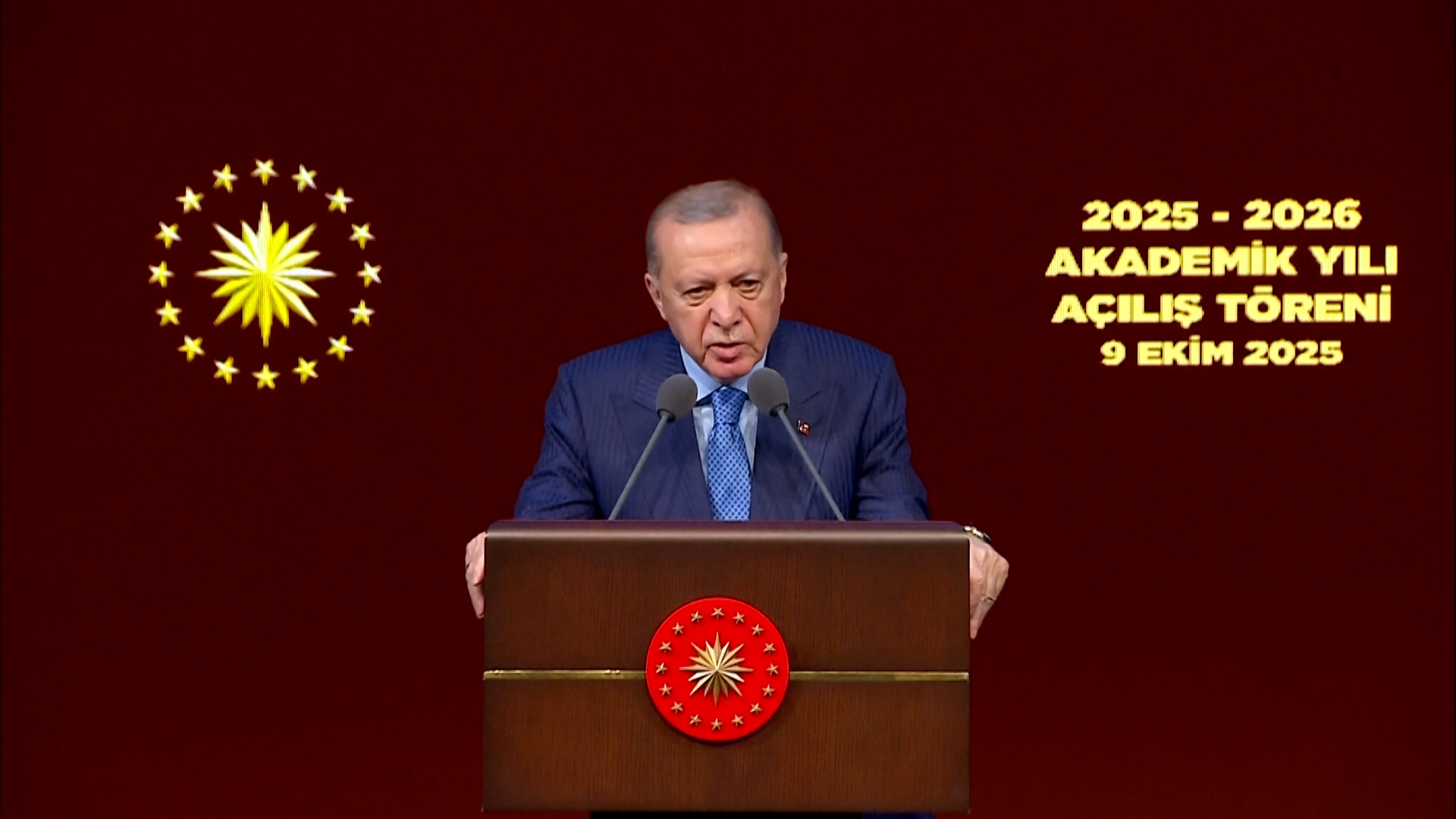
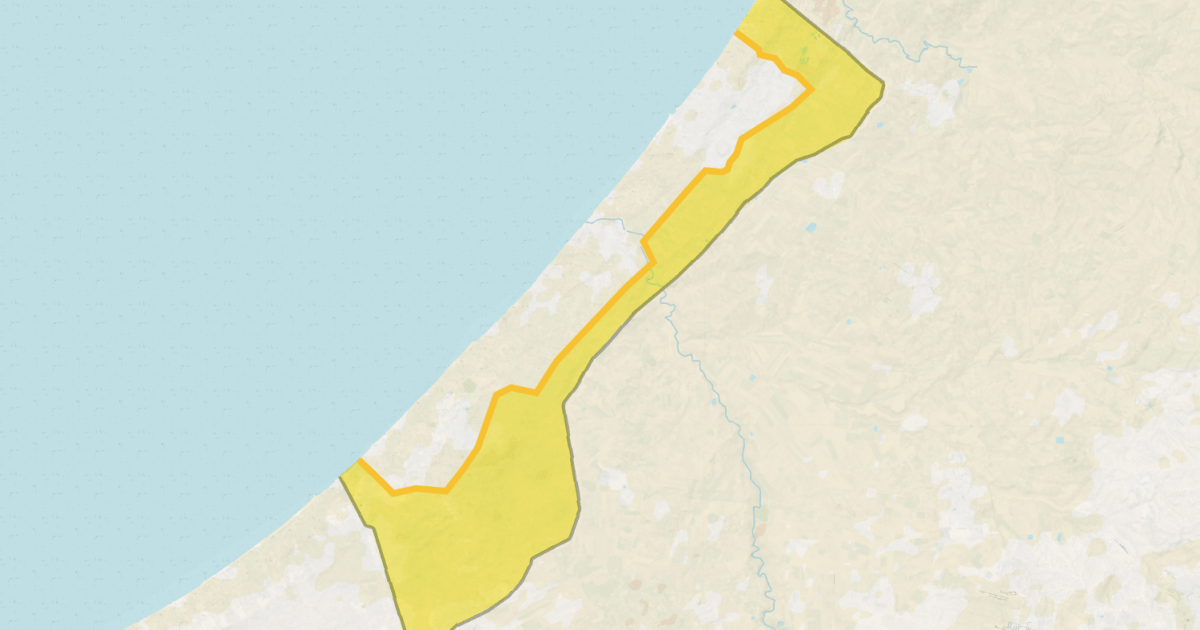

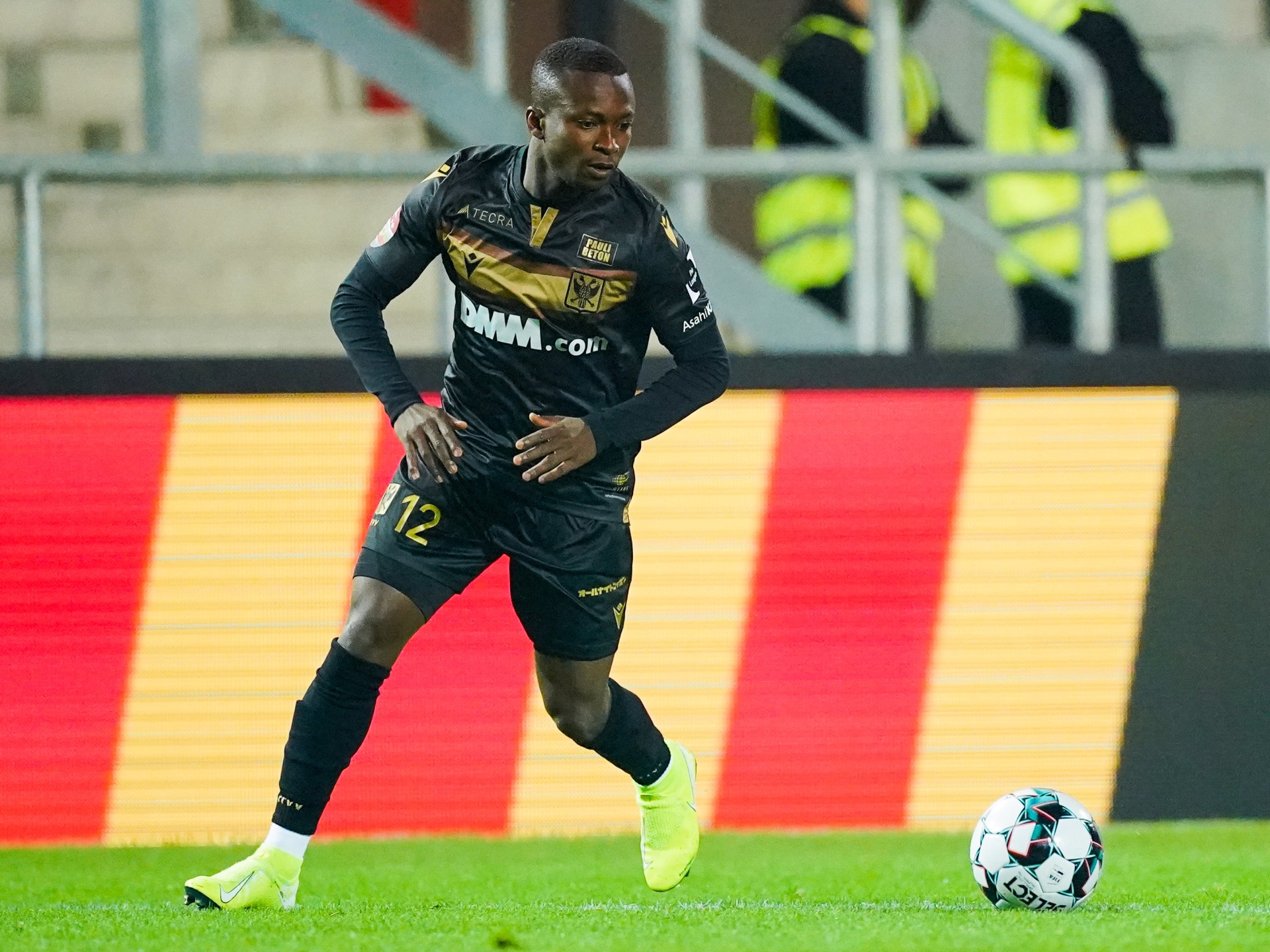
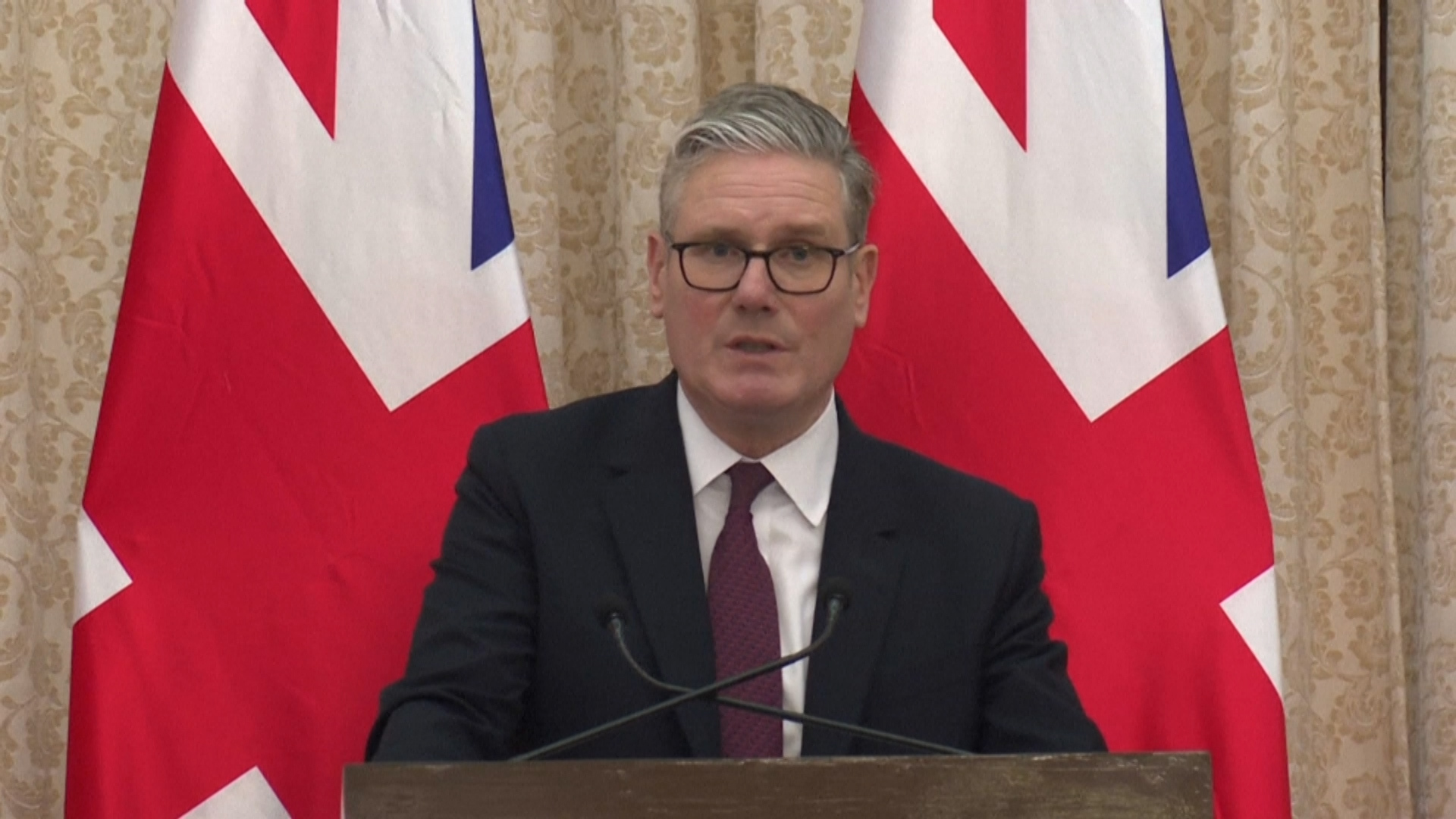
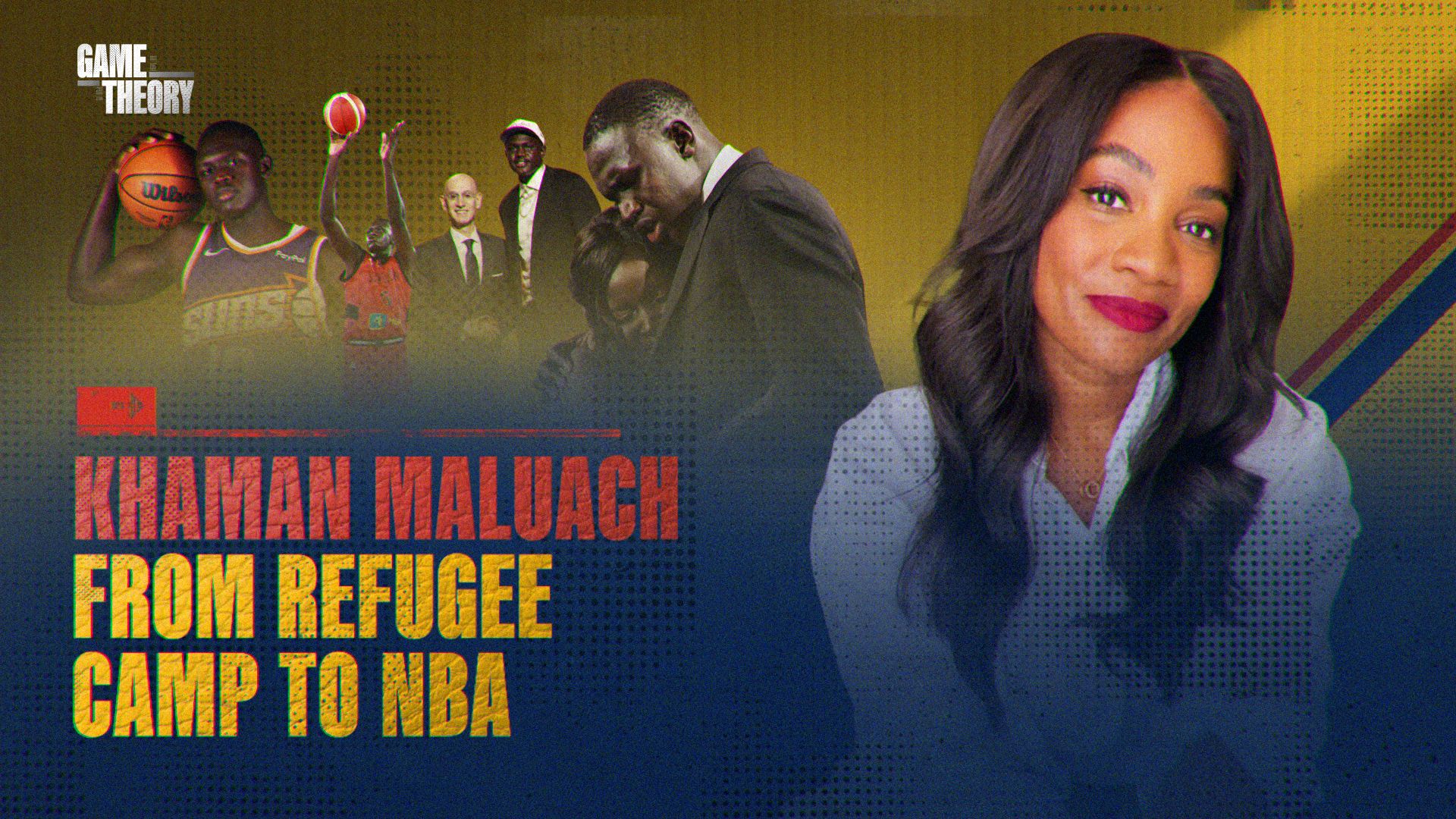
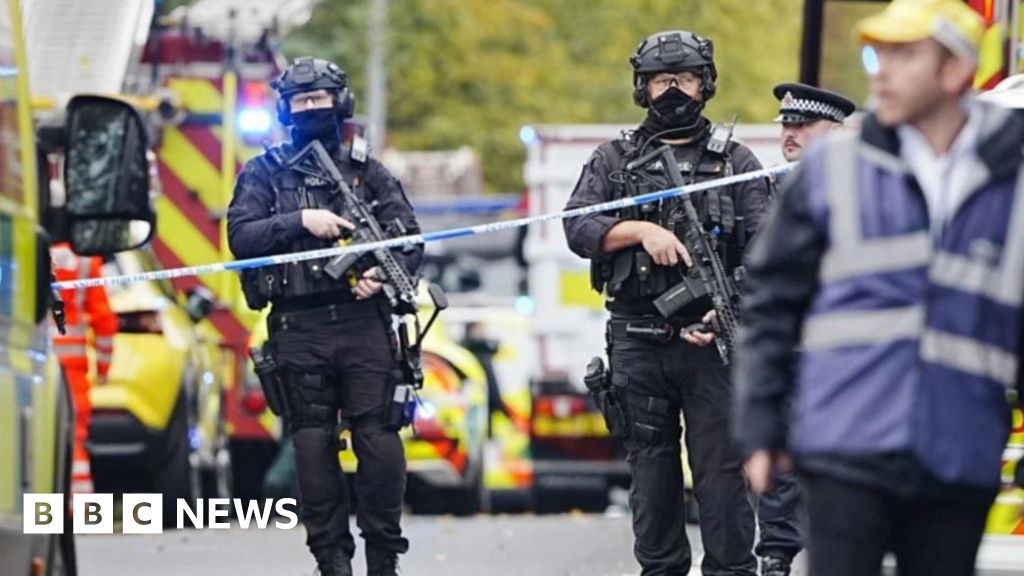
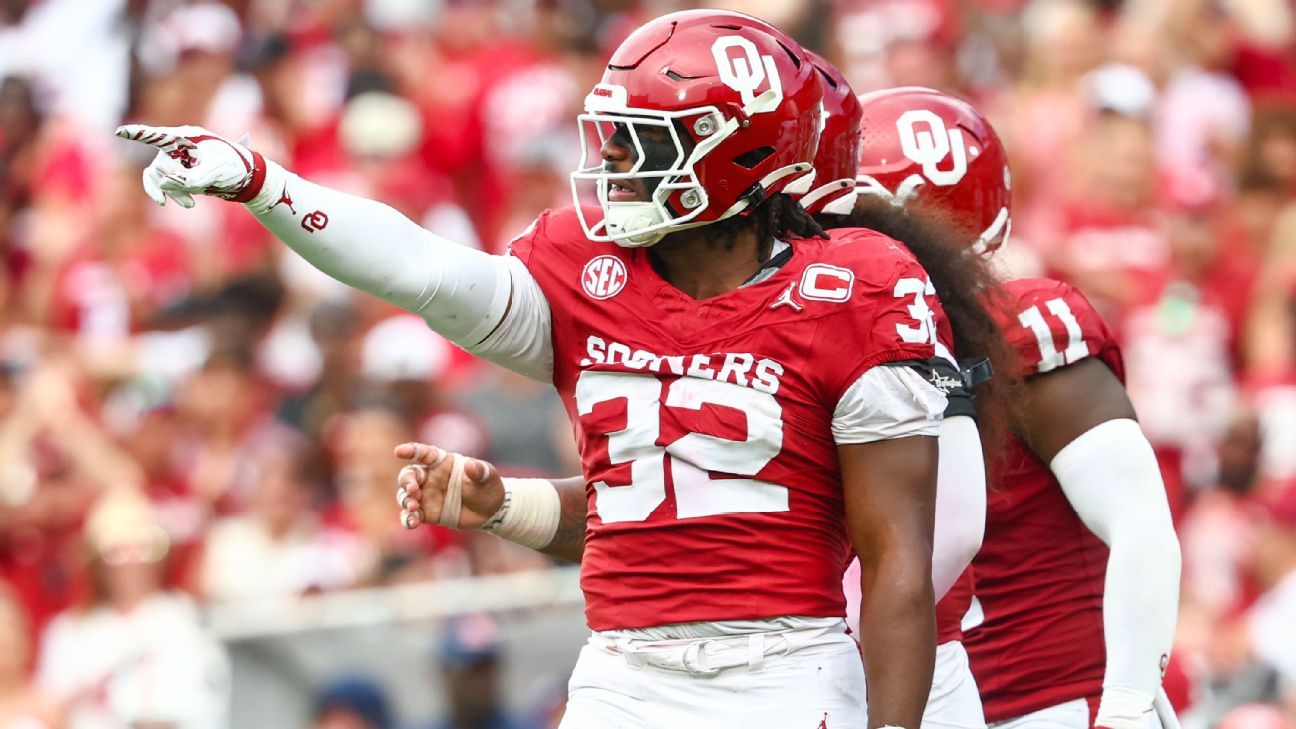
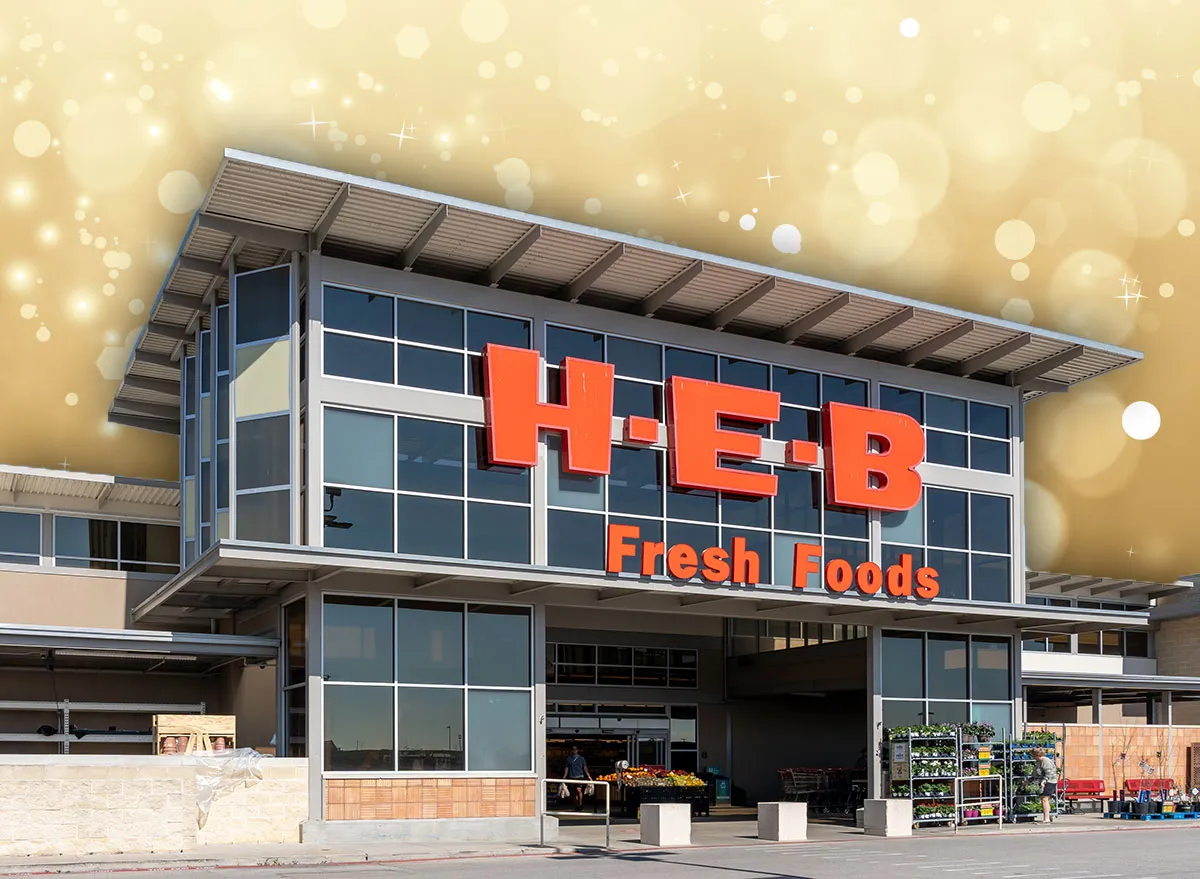
Leave a Reply